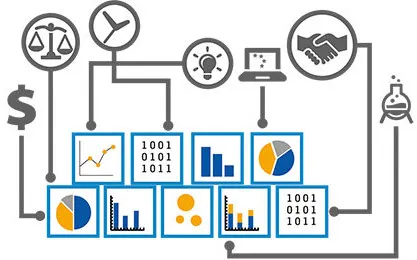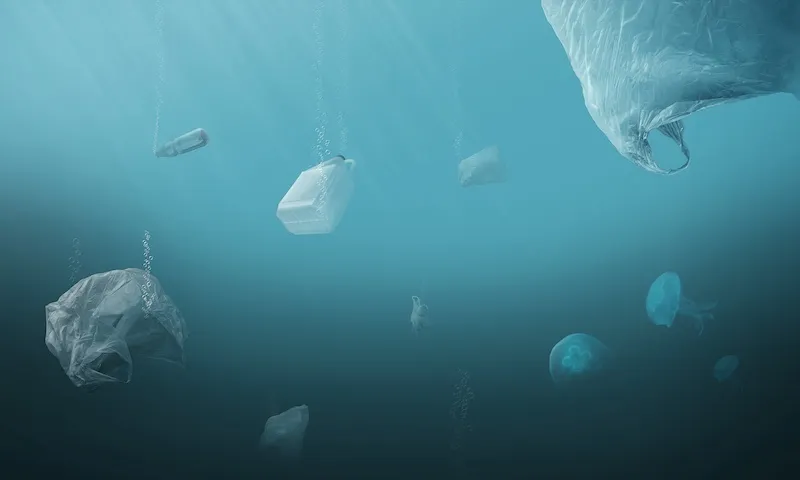
2 waves of checks for REACH registration dossiers in 2016
Three of these revocations followed two campaigns to check completeness during 2016. The first campaign focused on cases where the registrants said they did not provide data as the study was not ready at the time of dossier submission.
The agency thus requested the missing information for more than 140 toxicological endpoints from 39 registrations, covering 24 substances. To complete their dossiers, registrants were given a final deadline in April, which resulted in 35 registrations adequately updated. Unfortunately, two registration decisions (from the same company) were revoked and one is still pending.
A second checking campaign was run by ECHA in 2016. This one focused on Lead Registrant dossier review with invalid exemptions for mandatory toxicological studies required by the REACH regulation. In this case, only one of the 43 dossiers reviewed was declared incomplete and revoked.
Checking the founding principle: � one substance, one registration �
ECHA�s other campaigns are aimed at checking that the joint registration obligations are correctly applied (founding principle � one substance, one registration �). Note that the registrations it reviewed were submitted before the implementing Regulation on joint submission of data and data sharing entered into force in January 2016.
The agency approached 118 individual registrants of charcoal, 81 of which subsequently joined the existing joint submission. Thirty-one filed disputes, which are still being processed.
Measures to come to help small and very small companies?
Many small and micro-sized of these registrants expressed difficulties in negotiating access to the SIEF. The Agency will analyse the information provided by companies to consider specific measures that could help potential and existing registrants to fulfil their obligations.
Echa says that, during the course of 2017, it aims to address all situations where multiple registrations exist for the same substance.
The Agency is also developing a strategy to "systematically verify" the completeness of dossiers that were submitted before the enhanced check came into force.
2 waves of checks for REACH registration dossiers in 2016
Three of these revocations followed two campaigns to check completeness during 2016. The first campaign focused on cases where the registrants said they did not provide data as the study was not ready at the time of dossier submission.
The agency thus requested the missing information for more than 140 toxicological endpoints from 39 registrations, covering 24 substances. To complete their dossiers, registrants were given a final deadline in April, which resulted in 35 registrations adequately updated. Unfortunately, two registration decisions (from the same company) were revoked and one is still pending.
A second checking campaign was run by ECHA in 2016. This one focused on Lead Registrant dossier review with invalid exemptions for mandatory toxicological studies required by the REACH regulation. In this case, only one of the 43 dossiers reviewed was declared incomplete and revoked.
Checking the founding principle: � one substance, one registration �
ECHA�s other campaigns are aimed at checking that the joint registration obligations are correctly applied (founding principle � one substance, one registration �). Note that the registrations it reviewed were submitted before the implementing Regulation on joint submission of data and data sharing entered into force in January 2016.
The agency approached 118 individual registrants of charcoal, 81 of which subsequently joined the existing joint submission. Thirty-one filed disputes, which are still being processed.
Measures to come to help small and very small companies?
Many small and micro-sized of these registrants expressed difficulties in negotiating access to the SIEF. The Agency will analyse the information provided by companies to consider specific measures that could help potential and existing registrants to fulfil their obligations.
Echa says that, during the course of 2017, it aims to address all situations where multiple registrations exist for the same substance.
The Agency is also developing a strategy to "systematically verify" the completeness of dossiers that were submitted before the enhanced check came into force.







